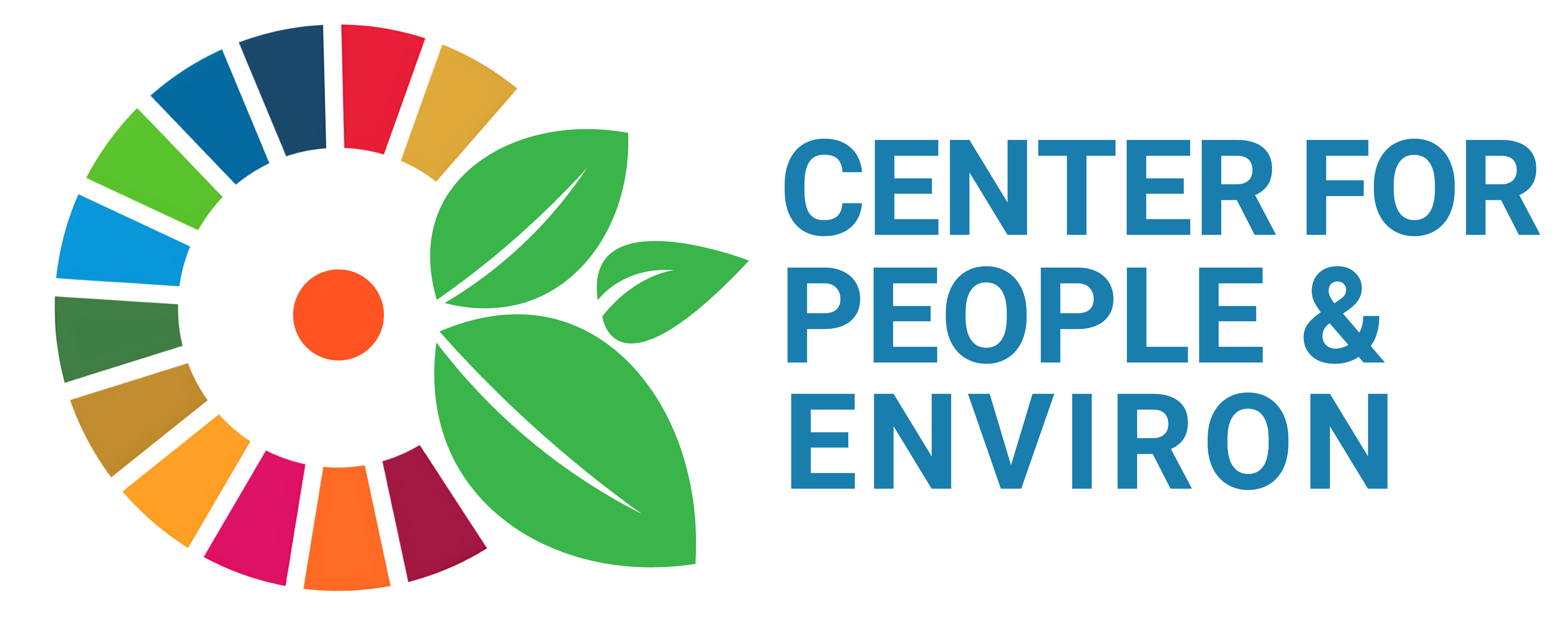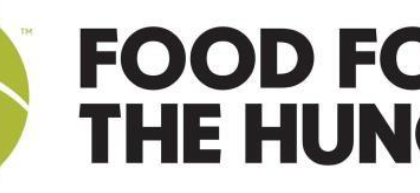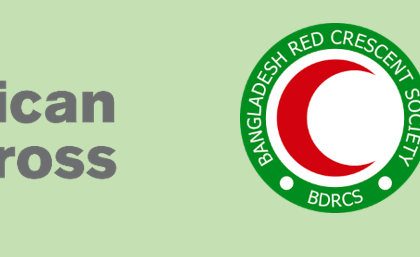Supporting Flood Forecast-based Action and Learning in Bangladesh” (SUFAL)The baseline study accumulated data and knowledge of the chosen communities on what the community people know and do practice in regard to flood, sanitation, resilience, DRR; hygiene; livelihood; health, water, and shelter. The purpose of this baseline study is two‐fold:
(a) Provide a baseline for all level indicators to serve as a point of comparison for a final evaluation, and
(b) Inform project targeting and, where possible, project design. As a part of the baseline, the study will carry out a survey to assess the Knowledge, Attitude and Practice (KAP) of institutions and community for implementing forecast-based early actions. Results of baseline survey will be shared with relevant stakeholders for evidence-based advocacy.
The Baseline Study covered the following focus areas:
- Impacts of floods on livelihoods and assets of communities (can be physical, social, economic)
- Access, interpretation and use of forecasts by institutions and community (timeliness, quality)
- Response to flood forecasts at the institutional level (process, decision-making, triggers)
- Early warning dissemination by institutions and community (channels, quality, content, coverage)
- Access, understanding and use of early warning information by institutions and communities
- Early actions to floods at the institutional, community and household level (impacts, successes, challenges) and associated costs
These focus areas, particularly ones at the community and household level, need to be examined using gender, socio-economic and cultural lens. Further consideration can be made to compare areas with varying exposure to floods; and, those targeted and not targeted by FbA interventions.
Funded By







